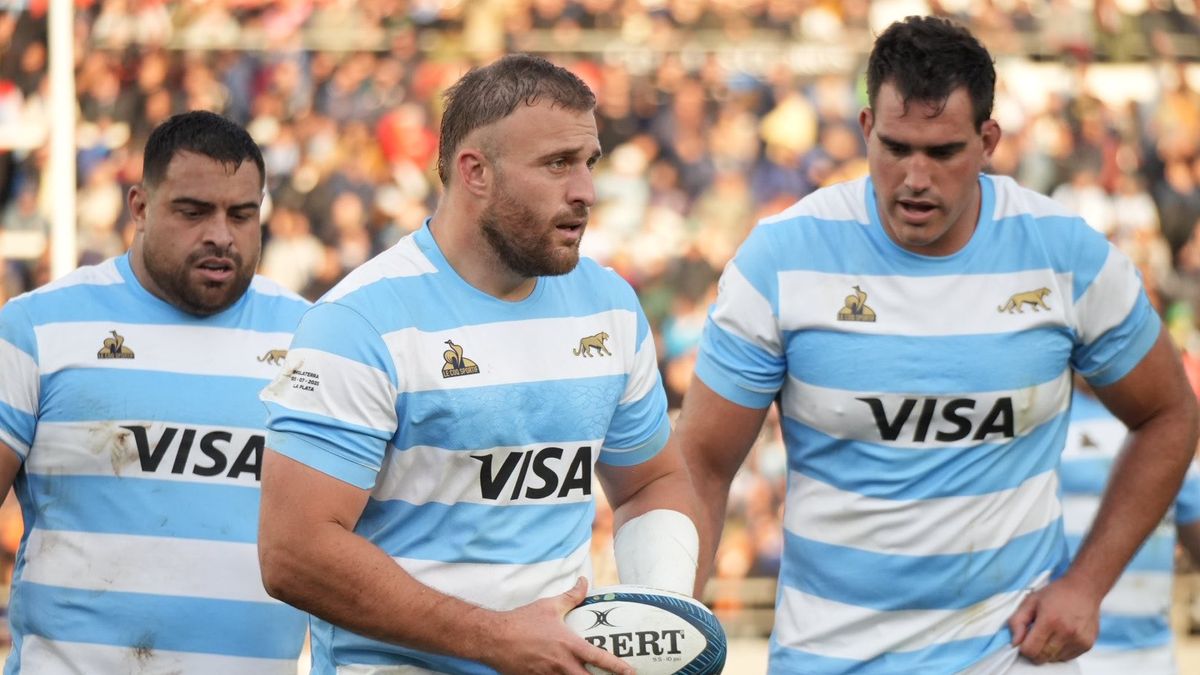Image: (APA/AFP/-)
According to Sudanese doctors, dozens of people had been killed and hundreds injured by Sunday, including workers from international aid organizations. The African Union (AU) called an emergency meeting.
More than 24 hours after the start of the fighting, neither the military nor the paramilitary Rapid Support Forces (RSF) were able to gain the upper hand by Sunday noon. Both sides reported individual successes and captured military bases. However, most of the information could not be independently verified.
More than 50 fatalities
A Sudanese medical organization said Sunday morning via Twitter that there were at least 56 civilian deaths and dozens of soldiers killed. In addition, almost 600 injuries were counted in hospitals and other care centers, dozens of whom were in mortal danger.
The UN condemned the killing of three World Food Program (WFP) workers in clashes in Kabkabiya, North Darfur. “I am also extremely appalled by the reports of missiles falling into UN and other humanitarian facilities, as well as reports of looting of UN and other humanitarian facilities in several locations in Darfur,” said UN Special Envoy Volker Perthes.
UN calls for end to violence
The UN Security Council, with rare unity, called on all parties to the conflict to end the bloodshed and begin talks to end the crisis. In addition, humanitarian workers must be given safe access and UN employees must be protected, demanded the most powerful body in the United Nations. UN Secretary-General António Guterres, US Secretary of State Antony Blinken, EU High Representative for Foreign Affairs Josep Borrell and German Foreign Minister Annalena Baerbock also called for an immediate end to the violence in Sudan.
The African Union Peace and Security Council discussed the “troubling situation in Sudan” on Sunday afternoon. The chairman of the AU Commission, Moussa Faki Mahamat, had earlier urgently called for a ceasefire, dialogue and the protection of the civilian population.
Extraordinary Summit
The Intergovernmental Authority for Development (IGAD) in East Africa also called an extraordinary summit of heads of state and government on Sunday. They want to discuss how the situation in Sudan “is best de-escalated and calm can be restored for the good of the country,” IGAD Executive Secretary Workneh Gebeyehu said on Twitter.
The building of the main military command in the capital Khartoum was particularly hard fought on Sunday, parts of which caught fire. The RSF said they have certain areas of headquarters under control. The Sudanese military dismissed this as a hoax. Instead, the army said the fire had been extinguished. There were no injuries. Eyewitnesses report, however, that fighting there continued unabated. Heavy artillery and fighter jets are said to have been used. Fighting is also said to have broken out in other parts of the country, such as Darfur and North Kordofan provinces. Heavy fighting was also reported from the city of Merowe in the north of the country.
The background of the escalation
The background to the outbreak of violence is a bitter power struggle between the Sudanese ruler General Abdel Fattah al-Burhan and his deputy Mohamed Hamdan Dagalo (Daglo) – also known as Hemedti – the leader of the RSF. The conflict in the country with 46 million inhabitants escalated on Saturday, with fierce fighting erupting within a few hours. Artillery shelling, among other things, was reported from Khartoum, and there were also reports of air raids by the Sudanese air force on RSF bases. It is unclear who currently has the upper hand in Khartoum.
Since the fall of long-term ruler Omar al-Bashir in 2019 and another coup against a civilian government that was set up as a result – but in fact controlled by the military – in 2021, the army has been in control of Sudan. The RSF and the Sudanese military had worked hand in hand in both takeovers. The paramilitaries were to be incorporated into the armed forces as part of the transition to civilian government planned for April. This led to a power struggle between the former allies. Dagalo accused Burhan of not wanting to give up his position as de facto head of state and of clinging to power contrary to all agreements.
The RSF had mobilized their units a few days ago after the military again delayed the appointment of a prime minister and thus the handover of power. Observers interpreted the mobilization as a threatening gesture by Dagalos against Commander-in-Chief Burhan. Most recently, Dagalo had called for a rapid transition to civilian rule, opposing Burhan.
The RSF was formed in 2013 from militias in the western state of Darfur. During the decades-long conflict there, they were seen as brutal supporters of the Arab-dominated government, which used violence against the African minority. The group and its leader, Dagalo, have been blamed for mass rapes and other gross human rights abuses. After the overthrow of ruler Bashir in 2019, Dagalo was considered the most powerful man in Sudan. Burhan, the inspector general of the armed forces, took over the affairs of state. Dagalo later became Burhan’s deputy on the ruling Transitional Council.
Source: Nachrichten




